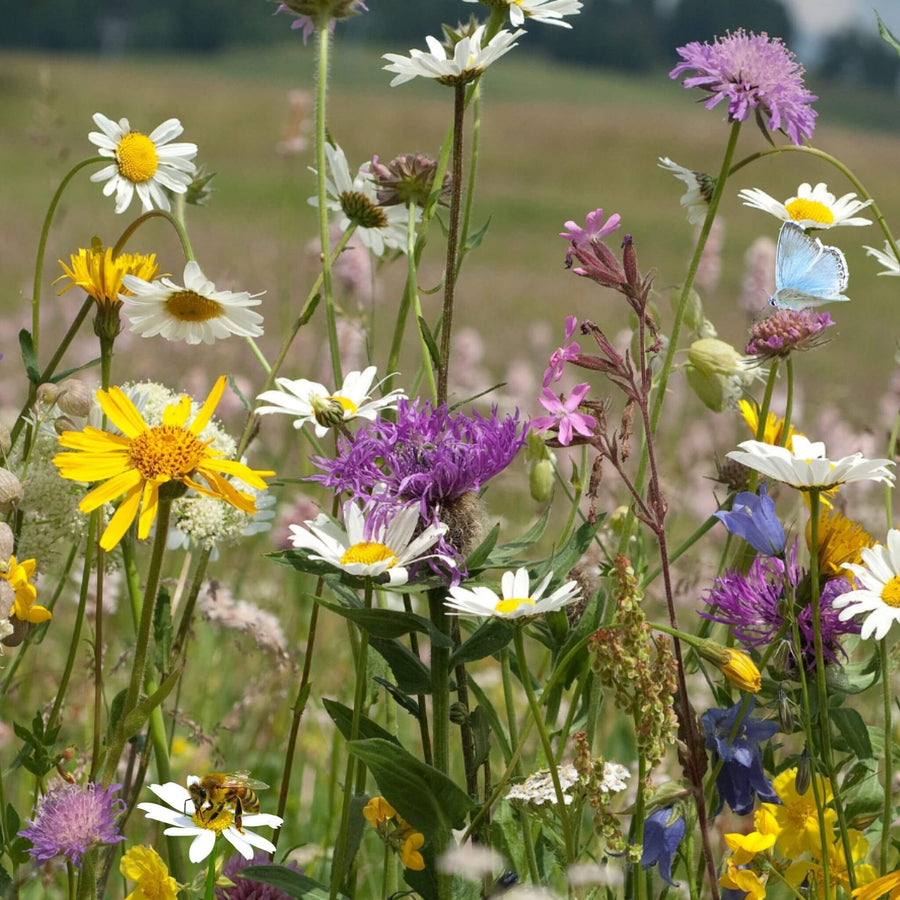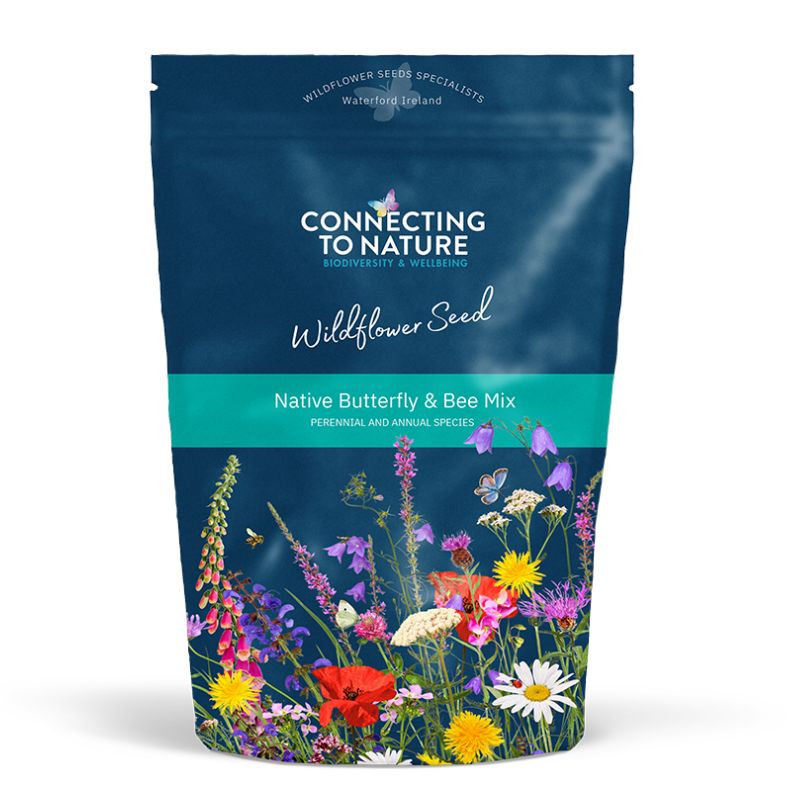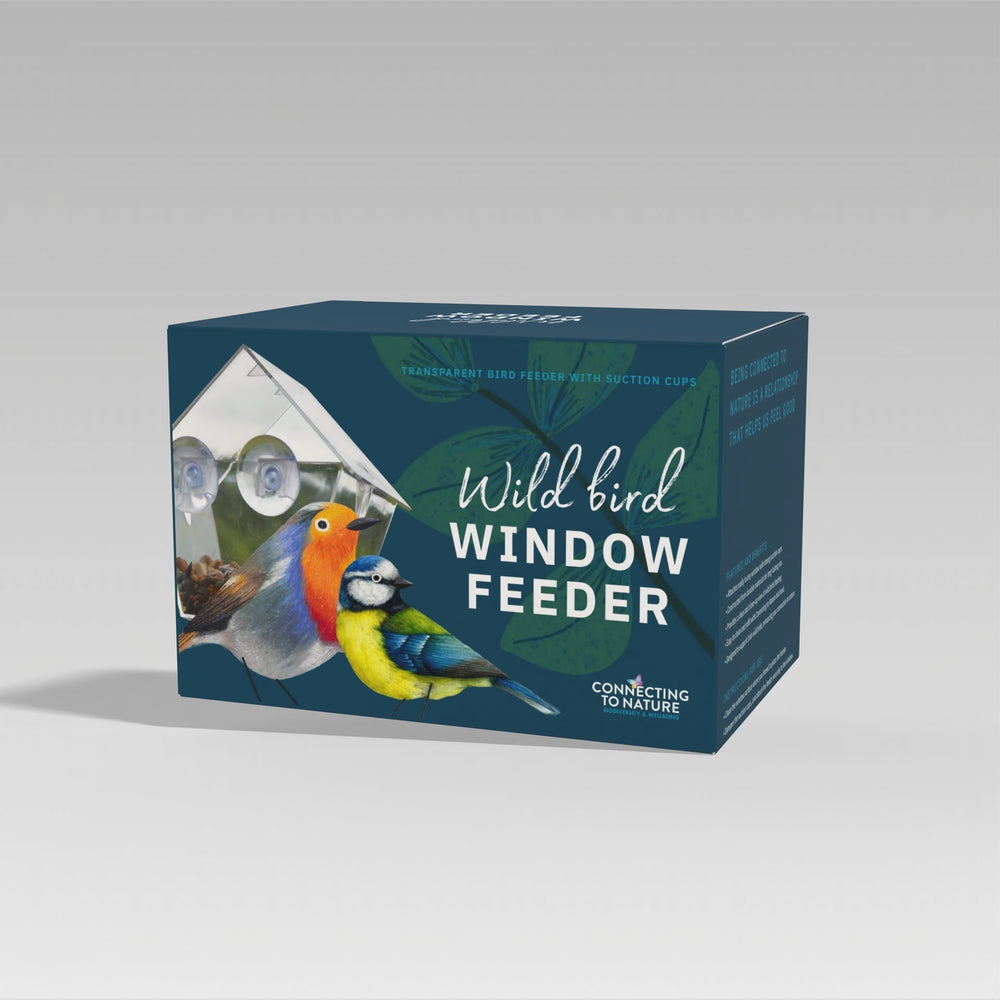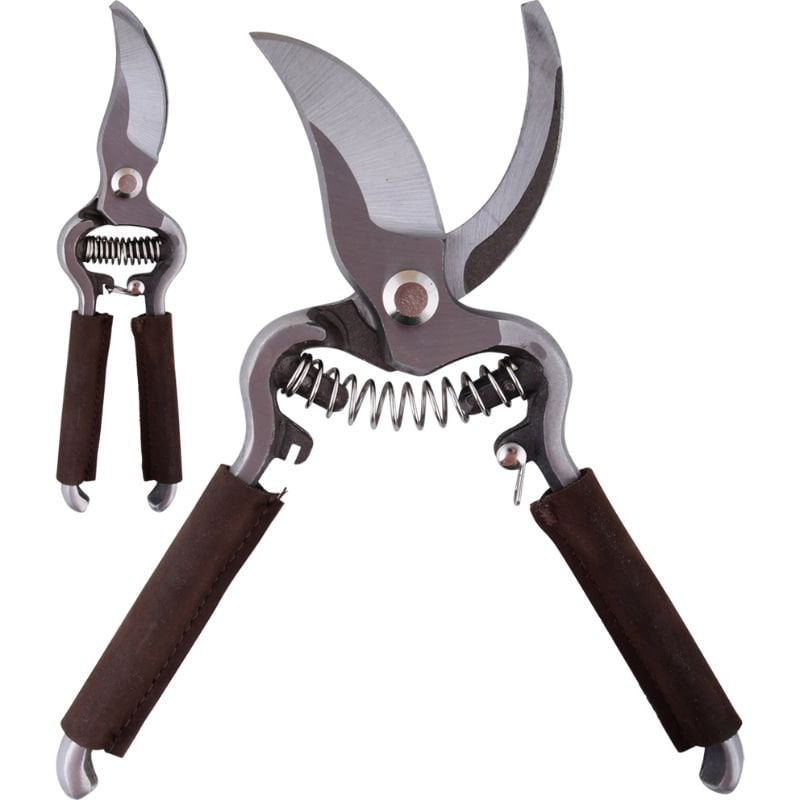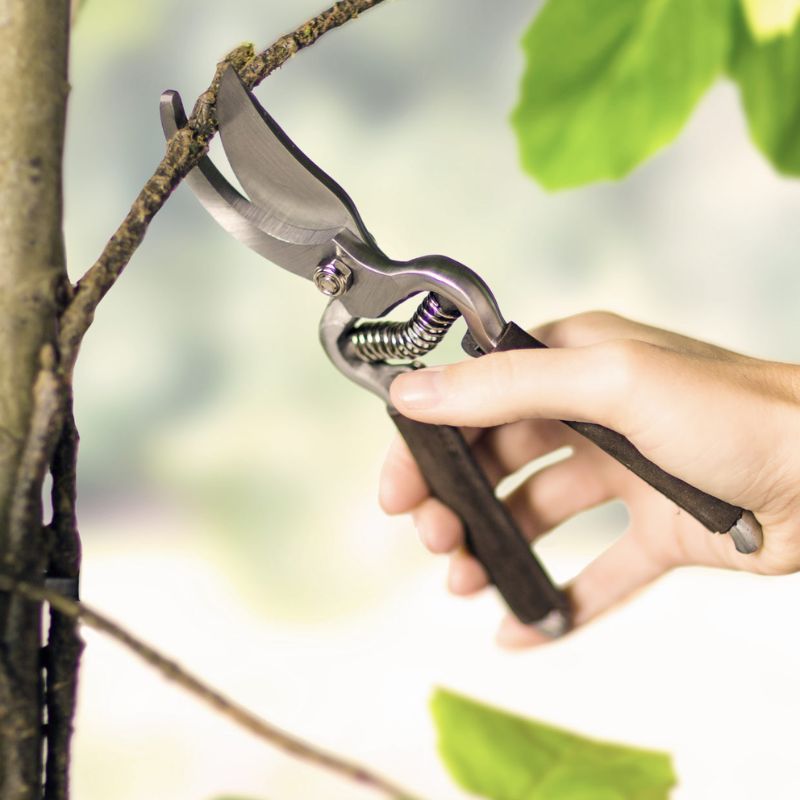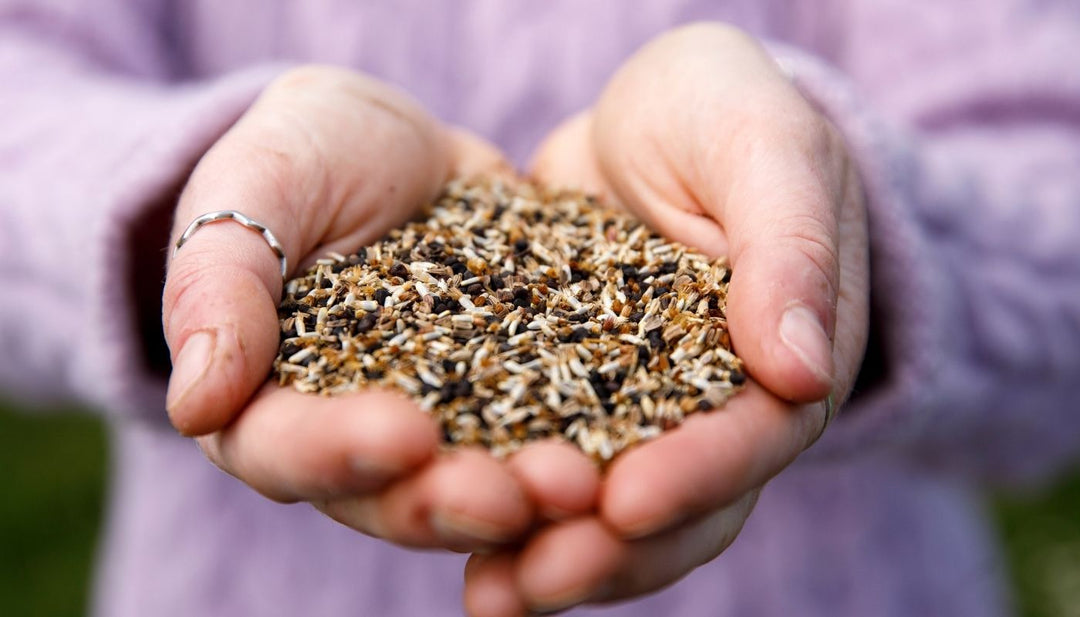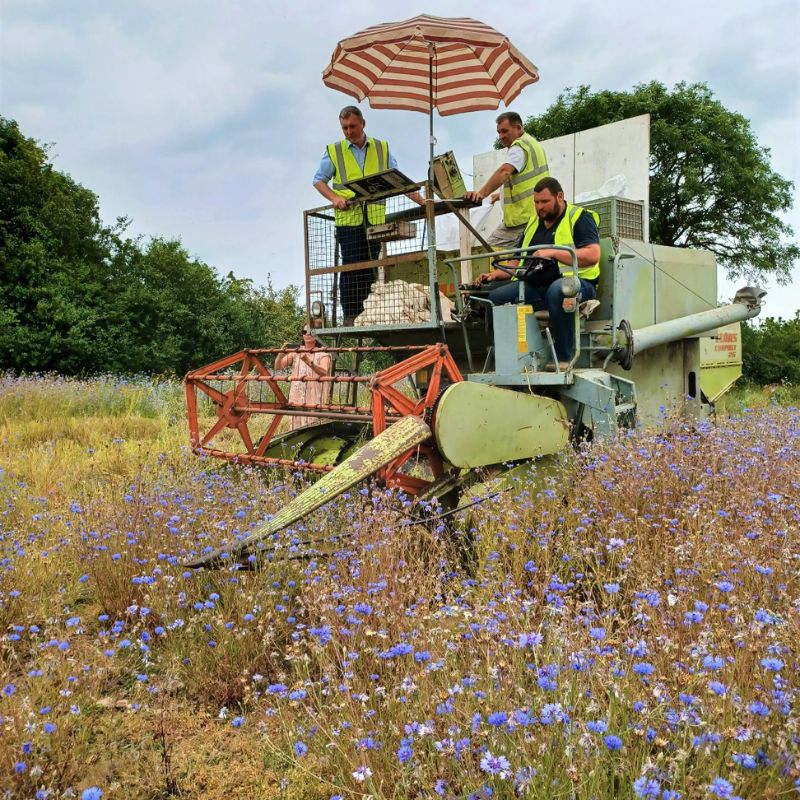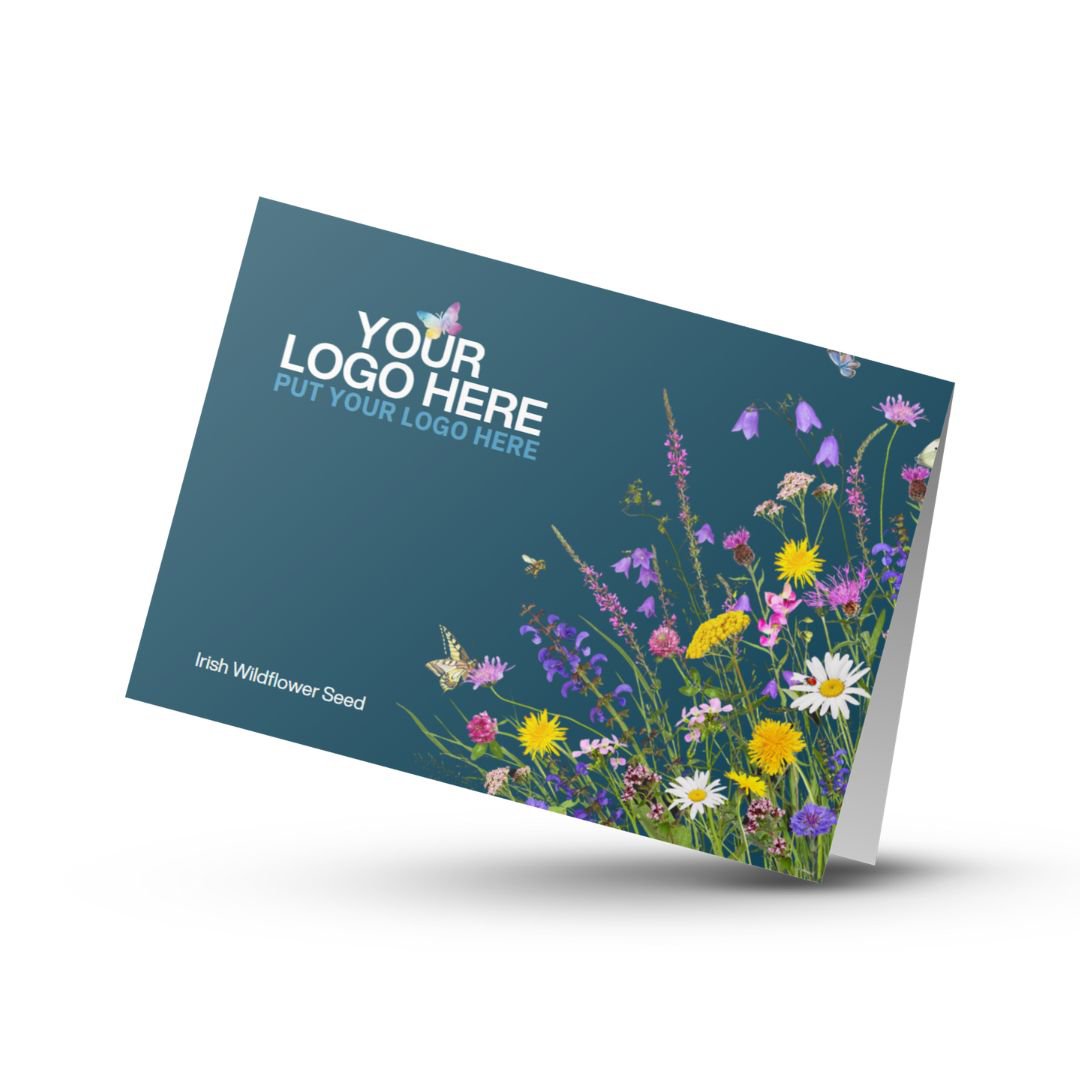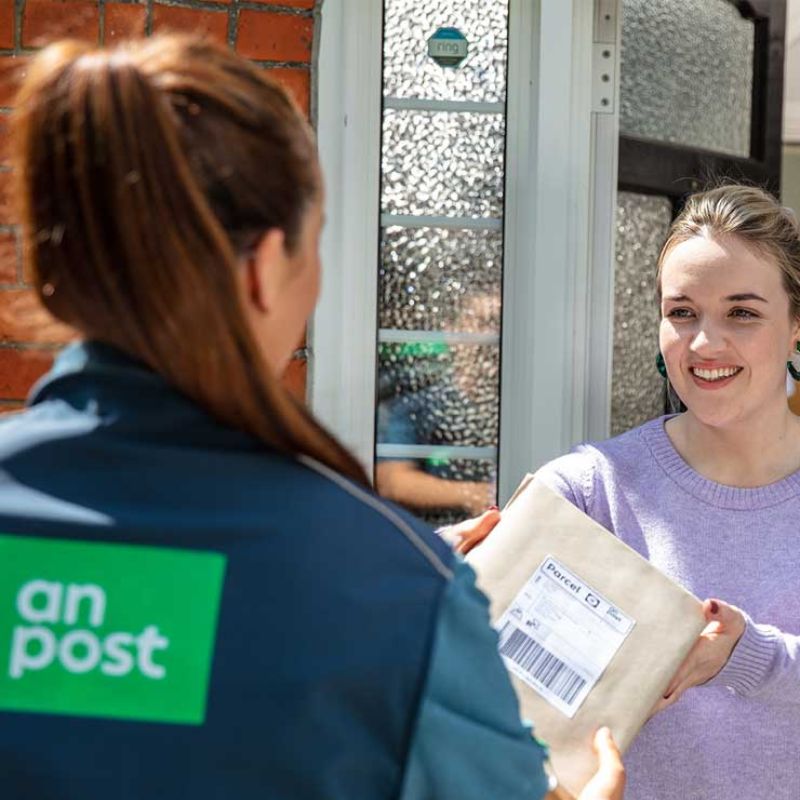Promoting biodiversity & wellbeing in suburban areas | Glenveagh
Gleanveagh and Connecting to Nature are partnering to promote biodiversity and create ecosystems for their community to connect with the natural and living world at home, in the community and at work.
Glenveagh's vision is to deliver beautiful modern homes in flourishing communities and enhance the lives of the residents and the environment surrounding them.
Connecting to Nature provides products and advice that enhance biodiversity and help their community connect to nature in their everyday environment.
Noticing and engaging with nature's beauty is key to the well being benefits of nature therapy. For example, studies have shown that using bird feeders and growing wildflowers increases people's connection to nature, leading to feelings of wellness.
Together we can play our part to slow down the decline of biodiversity and enjoy the wellbeing benefits of connecting to nature, to do good and feel good.
What is biodiversity?
Biodiversity is the variety of life on planet earth. It includes all organisms from plants to animals and ecosystems as small as your patch of wildflower to as large as forests and coral reefs.
Why does biodiversity matter to us?
"Without biodiversity, there is no future for humanity," (Prof David Macdonald, Oxford University). We rely on oxygen, water and food to survive, and without many of the world's organisms and ecosystems, we would not have these essentialities.
So, for example, without flowers, there would be no bees; without bees, we would not have much of the foods we eat, such as apples, pears, and most of our vegetables, as most of our food crops rely on insects to pollinate them.
While biodiversity keeps us alive, it also plays an essential role in our wellbeing. Studies have shown that people's connection with nature leads to feelings of wellness. And that greater bird biodiversity can make people more joyful.
The World Economic Forum has published research that the happiest Europeans are those who see the most bird species in their day-to-day life," Patrick Croke, Technical Officer, Connecting to Nature.
Nature is under pressure
Our natural wildlife and landscape have been declining for the last two decades: habitat destruction and increasing urbanisation have had a concerning impact on biodiversity and how our world functions.
In Ireland, there are 97 different species of bees, 75% of them are threatened with extinction, and the remaining 25% are in decline. This decline has resulted in dramatically reducing the amount of food (flowers) and safe nesting sites in our landscapes.
Climate change is altering food availability for wildlife and is contributing to a decline of some native wild birds. As our winters get colder, natural food supplies become scarce. As a result, garden birds have become more dependant on the food we provide for them as an essential supplementary feed, particularly during the challenging winter months.
We can all play our part and benefit from our connection with nature
Since lockdown, we have a new awareness of the mental health benefits of connecting to nature, a renewed interest in our living world and improving our gardens for the benefit and love of wildlife.
You don't have to be in the countryside to support biodiversity and connect with nature. All you have to do is create an environment that consistently attracts birds and bees.
By hanging bird feeders and planting wildflower seeds, outdoor areas, gardens and community spaces will become 'corridors' of biodiversity and wildlife.
Feeding birds is a wonderful way of feeling closer to nature. Ireland has a fantastic array of small wild birds that you can feed. Connecting to Nature specialises in different types of food depending on the time of year. Now, as we are heading into winter, Patrick recommends high energy food such as suet-based feed like Fat Balls and mixtures with suet coated oat flakes. Our High-Energy, No Mess Mix includes these and a variety of essential ingredients required during the colder months.
Together we can play our part to slow down the decline of biodiversity and enjoy the wellbeing benefits of connecting to nature, to do good and feel good.
Ground yourself in nature.
